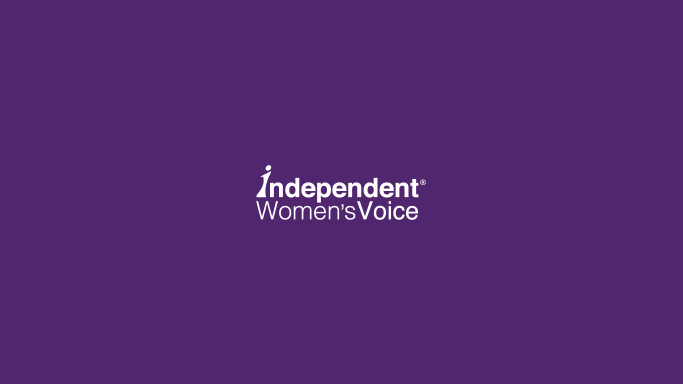It took Joe the Plumber to get both the McCain and Obama campaigns to engage in straight talk about taxes. Possibly, Joe’s intervention came too late to change the dynamics of the race. But why didn’t the McCain campaign raise the issue of spreading the wealth earlier-such an agenda is implicit, if not entirely explicit, in Obama’s campaign? Remember when Obama said he’d raise the capital gains, even if this actually reduces the Treasury’s haul, for the purpose of “fairness?”
I heard a commentator of Fox refer to this plan as being like Robin Hood-taking money from the rich to give to the poor. This is incorrect: It is taking from many perfectly ordinary citizens who work hard to give to other citizens, some of whom have chosen not to work hard. It is not necessarily “wealth” that is being spread-in many cases, it’s more like earnings.
Mona Charen captures this inequity in an excellent piece today:
“Everyone knows that some people work harder than others. We’ve all witnessed it. If John Q chooses to work 60 hours a week to advance his career, and Henry Y prefers to spend time playing video games, who is to say that Henry deserves some of the extra income John has earned? Is that fairness? I call it completely unfair….
“You don’t have to look at socialist countries to know that redistribution of income punishes success and rewards sloth. We’ve seen it here. Our welfare system was intended to help the poor – but because it was poorly structured, it wound up discouraging work and marriage, thus prolonging poverty rather than alleviating it for many.”
Several times I have said to myself: Heck, maybe I’ll be in the 95 percent who won’t have their taxes raised under an Obama presidency. Peter Ferrara exlains why we shouldn’t get our hopes up:
“Barack Obama says he plans to cut taxes for 95 percent of American workers. That sounds terrific, but there are three problems. One, it is meant to draw attention from the real core of the Obama tax plan: proposed increases in every major federal tax. Two, the structure of the cuts will create perverse incentives. And three, many of the people receiving ‘tax cuts’ don’t pay taxes to begin with, meaning they’ll be in effect getting welfare.”
Why, oh why, did it take Joe to raise these issues at the eleventh hour?
I’ve been itching to make a point since the second debate, and I’m going to indulge myself by doing it here. During the debate, I realized for about the millionth time that it is often verboten to give a true conservative answer. A questioner asked the candidates, What about the fact that the health insurance companies have a lot of money? The answer, for a conservative, should be: Thank heavens! That means they’ll have to funds to pay for the illnesses of policy holders.
An insurance company bets on your staying well and spreads the risk of sickness. That’s how insurance companies work. Think of Lloyd’s of London-they bet on ships not sinking. If too many ships sank, Lloyd’s might sink. This is insurance. I realize that in a debate it would be well nigh impossible to explain this, but somewhere maybe somebody should make the point that in much of the discussion about health insurance, we’re not talking about insurance but a governmental health regime.
Admittedly, this is riskier than talking about taxes-which should have been an easy one, even before Joe. McCain has often acted as if, through moral vanity, he’s more interested in being a nice guy than in being President. He doesn’t want to be seen as clinging to any of the issues

